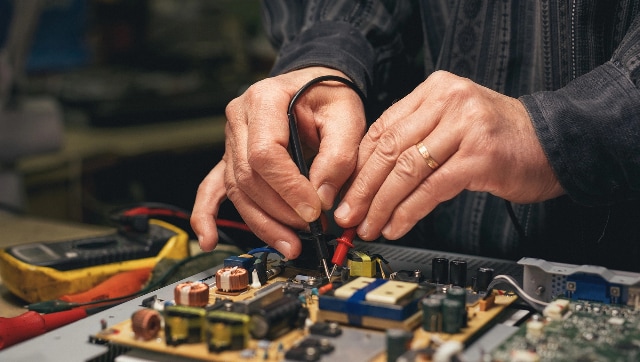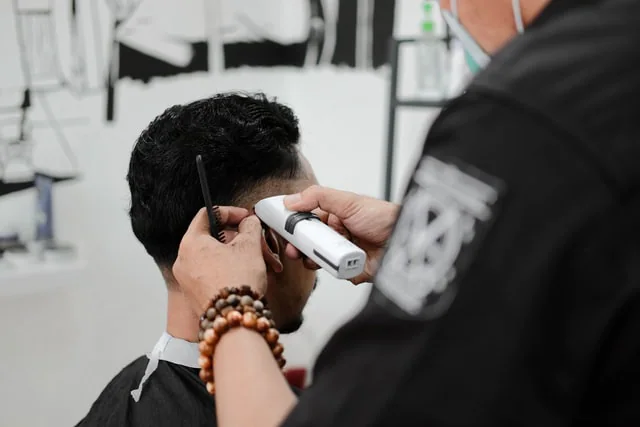Mehul Reuben DasDec 30, 2022 18:39:21 IST
New York became the first US state to pass right-to-repair legislation earlier this week. A few months after being enacted by resounding bipartisan majorities in both chambers of the state legislature in New York, Governor Kathy Hochul finally signed the Digital Fair Repair Act into law.

New York’s new right-to-repair legislation will only be applicable to devices sold after July 2023, and will not cover B2B or machines that businesses sell to the government. Provisions such as these have diluted the right to repair bill, substantially.
Although the passing of this legislation is being hailed as “precedent-setting” by right-to-repair advocacy groups, the bill, in the form that it was passed, is heavily watered down. The new law requires companies to provide the same diagnostic tools, repair manuals, and parts to the public that they provide to their own repair technicians at authorised service centres.
However, because of lobbying from special interest groups backed by the tech lobby, the legislation in its current form has been significantly weakened. The bill as signed by Hochul contains even more conditions and exceptions, which mask what the tech lobbyists were concerned about, namely technical issues that could put safety and security at risk, as well as heighten the risk of injury from physical repair projects.
One of the biggest ways by which the legislation was watered down, was by the condition that it will only apply to devices manufactured and sold in New York on or after July 1, 2023 – older devices, need not be covered under this legislation, which, frankly sort of defeats the purpose of the law.
Another manner in which the law was compromised, was that business-to-business and business-to-government equipment that isn’t sold to consumers has also been excluded from the legislation. American farmers have been a major proponents of the right-to-repair movement in the US, and this particular section of the legislation that excludes business-to-business machines will be a major setback for them.
Farmers in the US have been fighting against tractor manufacturers like John Deere, for making it impossible for farmers to repair or work on their own machines in any way, without having to visit the service centres and repair shops where they are often charged an exorbitant fee.
Manufacturers have also been given the right to provide assemblies of parts instead of parts by themselves when the risk of improper installation heightens the risk of injury. This means that although a customer can get their phone or any tech device repaired at a third-party repair shop, they may be forced to buy parts that don’t need to be replaced.
Moreover, because the assemblies have been defined vaguely, it is possible that if a customer just needs to replace the battery of his device, he will be forced to buy a new charging port and get it installed as well.
These compromises are stacked on top of some broad exemptions already in the original bill, which exclude medical devices, motor vehicles, off-road equipment, or home appliances.
Right-to-repair activists praised the passage of the bill while acknowledging that the compromises make it weaker than it ought to be.
“This is a huge victory for consumers and a major step forward for the right to repair movement,” wrote iFixit CEO Kyle Wiens, one of the biggest backers of the movement. “New York has set a precedent for other states to follow, and I hope to see more states passing similar legislation in the near future.”










